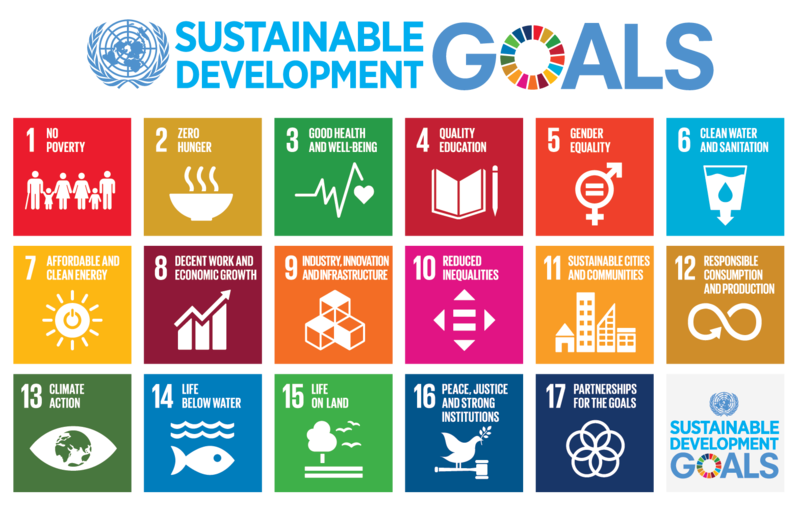
Submitted by Dr C.M. Martin-Jones on Mon, 14/02/2022 - 10:30
Cambridge’s Geology for Global Development network met on Friday 11 February for their inaugural mini-conference, highlighting how research in the Department is helping realize the UN Sustainable Development Goals (SDGs).
Geology for Global Development is a charity set up to champion the role of geology in sustainable development. Cambridge was one of the first University Groups to be affilated with the charity, which was founded more than ten years ago.
Speakers at the event included Dr Oscar Branson, Lecturer at the Department of Earth Sciences, Dr Camilla Penney, Research Associate in geophysics, Professor Andy Woods and Angus Fotherby, PhD student in geochemistry.
Geoscience is key to many of the SGDs, which require improved management of natural resources and an understanding of Earth processes to ensure livelihoods and infrastructure are resilient to geological hazards and our changing environment.
Oscar Branson works on carbon sinks and stores in the oceans, and spoke about this in relation to Goal 13, Climate Action, and 14, Life Below Water. Kicking off the conference, Branson discussed his research to understand the uncertainties of ocean carbon capture, both its effectiveness and impact on ecosystems, and the negative outcomes of deep sea mining.
Speaking about her work on the physics of earthquakes, Camilla Penney reflected on what makes a natural hazard a disaster, and the need for seismologists need to work with other disciplines to build better resilience. Penney, who is also a Junior Research Fellow at Queens’ College, spoke of the complex socioeconomic factors, like living conditions, that make earthquake disasters hard to prepare for.
Andy Woods highlighted the urgent need for geologists in developing net-zero strategies such as carbon capture and storage and green energy solutions including geothermal. According to Woods, both require an understanding of sub-surface geology in order to determine how effective these solutions are in different locations.
PhD student Angus Fotherby rounded off the conference by discussing how his research meets SDG 6, Clean Water and Sanitation. Working with Dr Sasha Turchyn, Fotherby is developing computer modelling strategies for the clean up of water supplies contaminated by heavy metals. Fotherby hopes his work could ultimately make remediation efforts more effective in places like the Sukinda Valley, India, which has a legacy of chromite mining and associated pollution.
